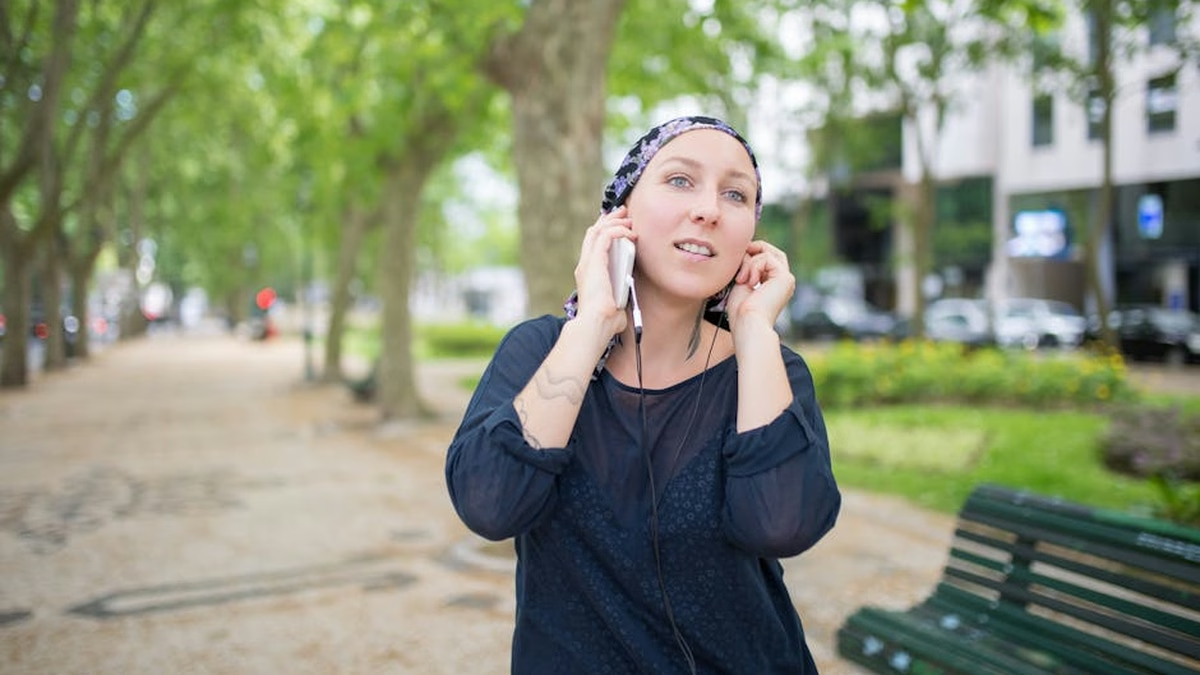Imagine lying in a hospital bed, feeling the weight of your illness or injury pressing down. The sterile environment, the constant beeping of machines… it’s enough to make anyone feel anxious and alone. But what if a simple melody could offer a beacon of hope, a pathway to healing? It might sound too good to be true, but emerging research suggests that music’s impact on our health is far more profound than we ever realized.
The Healing Power of Sound: How Music Impacts the Body
For centuries, cultures around the world have recognized the therapeutic properties of music. From ancient shamanic rituals to modern-day sound baths, music has been used to soothe the soul, uplift the spirit, and even promote physical healing. But it’s only recently that scientists have begun to unravel the complex mechanisms behind this phenomenon.
Music and Pain Management
One of the most compelling areas of research involves music’s ability to alleviate pain. Studies have shown that listening to music can reduce the perception of pain by triggering the release of endorphins, the body’s natural painkillers. Think of it as a natural, non-addictive alternative to medication.
- Music can distract from pain signals.
- It can reduce anxiety and stress, which often exacerbate pain.
- It can promote relaxation and a sense of well-being.
Boosting the Immune System with Melodies
Believe it or not, music can even strengthen your immune system. Research indicates that listening to music can increase the levels of immunoglobulin A (IgA), an antibody that plays a crucial role in fighting off infections. This is particularly important for patients recovering from surgery or illness, as their immune systems may be weakened.
Also Read: Your Sleep Position Might Be Secretly Hurting Your Health — Find Out How
Music and Emotional Well-being
Of course, the emotional benefits of music are undeniable. Music has the power to evoke memories, stir emotions, and connect us to others. In a hospital setting, where patients often feel isolated and vulnerable, music can provide a sense of comfort, hope, and connection. It can be a lifeline in a sea of uncertainty.
Doctors Are Taking Note: Music Therapy in Healthcare
The growing body of evidence supporting the healing power of music has led to its increasing integration into healthcare settings. Music therapy is now used in a wide range of medical contexts, including:
- Hospitals
- Rehabilitation centers
- Hospices
- Mental health clinics
Specific Applications of Music Therapy
Music therapists work with patients to create personalized music programs that address their specific needs and goals. These programs may involve:
- Listening to pre-recorded music
- Singing
- Playing instruments
- Writing songs
- Guided imagery with music
For example, a patient recovering from a stroke might use music to improve motor skills and speech. A cancer patient might use music to reduce anxiety and manage pain. And a person struggling with depression might use music to express their emotions and connect with others.
Beyond the Hospital: Integrating Music into Your Life
The benefits of music extend far beyond the walls of a hospital. Incorporating music into your daily life can have a profound impact on your overall well-being. Whether you’re listening to your favorite songs, playing an instrument, or attending a concert, music can be a powerful tool for stress reduction, emotional regulation, and personal growth.
The Future of Music and Healing
As research continues to uncover the intricate connections between music and the human body, we can expect to see even more innovative applications of music therapy in the years to come. From personalized playlists tailored to individual genetic profiles to virtual reality experiences that combine music with immersive environments, the possibilities are endless.
So, the next time you’re feeling stressed, anxious, or simply in need of a boost, remember the power of music. Put on your favorite song, close your eyes, and let the melody wash over you. You might be surprised at the healing that unfolds. The potential for music to promote recovery and alleviate suffering is immense, and its increasing recognition within the medical community marks a significant step towards a more holistic and patient-centered approach to healthcare. The healing power of sound is real, and it’s waiting to be discovered.





